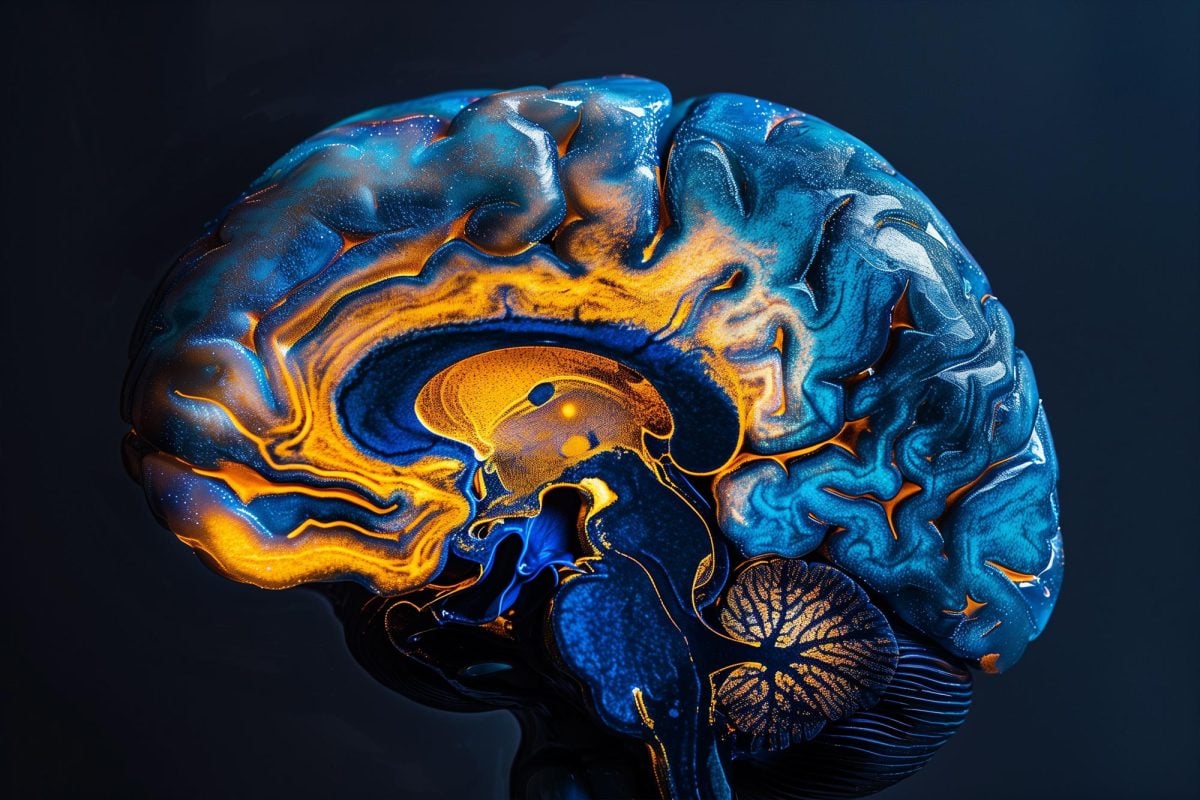Sleep is essential for overall well-being, but did you know that a lack of sleep can have serious consequences on your brain? Scientists have extensively studied sleep deprivation and discovered that it affects cognitive function, emotional regulation, memory, and even long-term brain health.
In this article, we’ll explore the latest research on sleep deprivation, its effects on brain function, and how you can improve your sleep for better mental and physical health.
The Science Behind Sleep and Brain Health
Your brain undergoes essential processes while you sleep, including:
Memory consolidation – Strengthening new information and storing it in long-term memory.
Toxin removal – The brain’s glymphatic system clears out waste and toxins.
Neural repair and regeneration – Neurons repair damage and strengthen connections.
When you don’t get enough sleep, these processes are disrupted, leading to short-term and long-term cognitive and emotional problems.
Effects of Sleep Deprivation on the Brain
1. Impaired Cognitive Function and Decision-Making
Studies show that lack of sleep slows down reaction times, reduces attention span, and affects problem-solving skills. Sleep-deprived individuals struggle with focus, making errors more likely at work or while driving.
2. Memory Loss and Reduced Learning Ability
The brain consolidates memories during deep sleep. Without enough rest, it becomes harder to retain new information, leading to forgetfulness and difficulty learning.
3. Increased Emotional Instability and Stress
A sleep-deprived brain struggles to regulate emotions. The amygdala, the part of the brain responsible for processing emotions, becomes hyperactive, making you more prone to anxiety, irritability, and mood swings.
4. Higher Risk of Mental Health Disorders
Chronic sleep deprivation is linked to conditions such as depression and anxiety. Insufficient sleep disrupts the balance of neurotransmitters like serotonin and dopamine, which are crucial for mood regulation.
5. Increased Risk of Neurodegenerative Diseases
Long-term sleep deprivation is associated with an increased risk of Alzheimer’s and other neurodegenerative diseases. This is because the brain fails to clear beta-amyloid plaques, a toxic protein linked to Alzheimer’s.
6. Reduced Creativity and Problem-Solving Skills
REM sleep plays a key role in creativity. Without it, the brain struggles to make unique connections and think outside the box.
7. Increased Cravings and Poor Impulse Control
Lack of sleep affects the brain’s reward center, making junk food and high-calorie snacks more appealing. This can contribute to weight gain and metabolic issues.
How to Improve Sleep for Better Brain Health
Stick to a Consistent Sleep Schedule – Go to bed and wake up at the same time every day, even on weekends.
Limit Screen Time Before Bed – Blue light from screens disrupts melatonin production, making it harder to fall asleep.
Create a Relaxing Bedtime Routine – Reading, meditating, or taking a warm bath can help signal to your brain that it’s time to sleep.
Optimize Your Sleep Environment – Keep your bedroom dark, cool, and quiet for better sleep quality.
Avoid Caffeine and Heavy Meals Before Bed – Stimulants and large meals can interfere with restful sleep.
Final Thoughts
Sleep is not a luxury—it’s a necessity for brain health. Research proves that consistent, quality sleep is crucial for memory, emotional stability, cognitive function, and long-term neurological health. If you’re struggling with sleep, making small changes to your routine can significantly improve brain function and overall well-being.
Would you like me to add specific SEO keywords to optimize this article further?

















+ There are no comments
Add yours